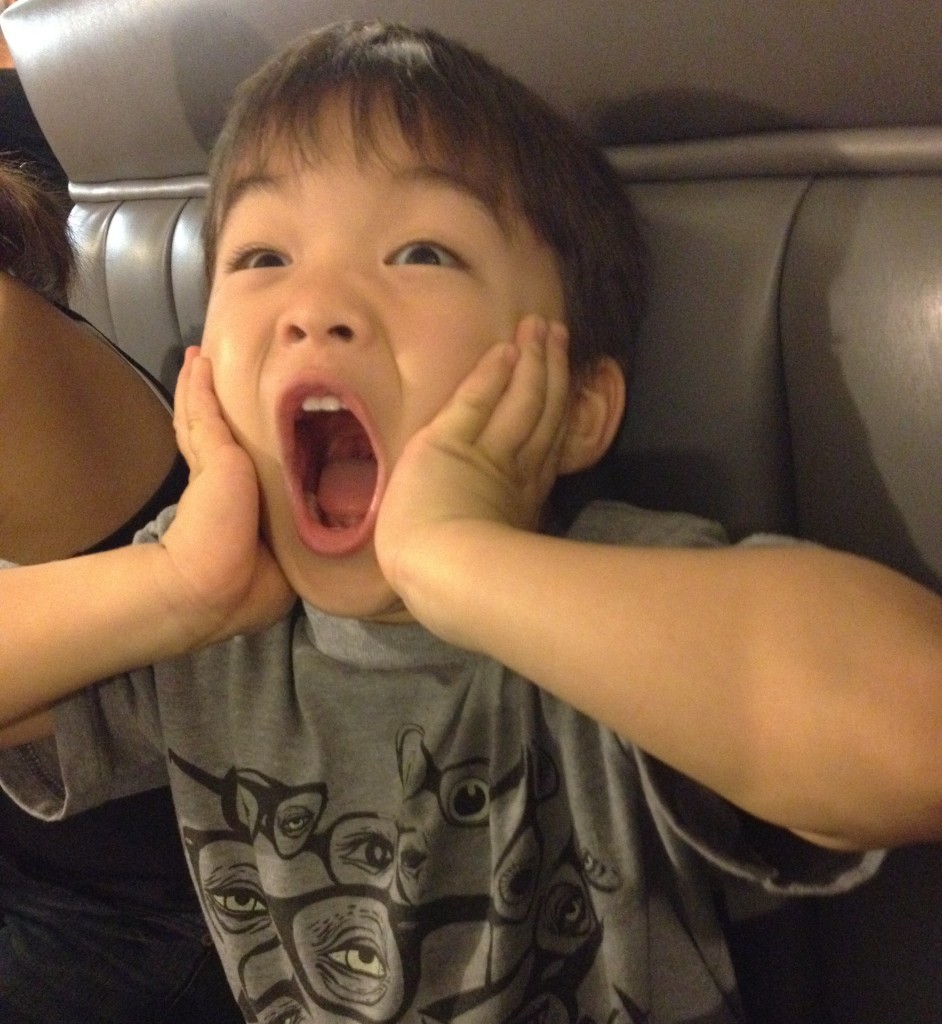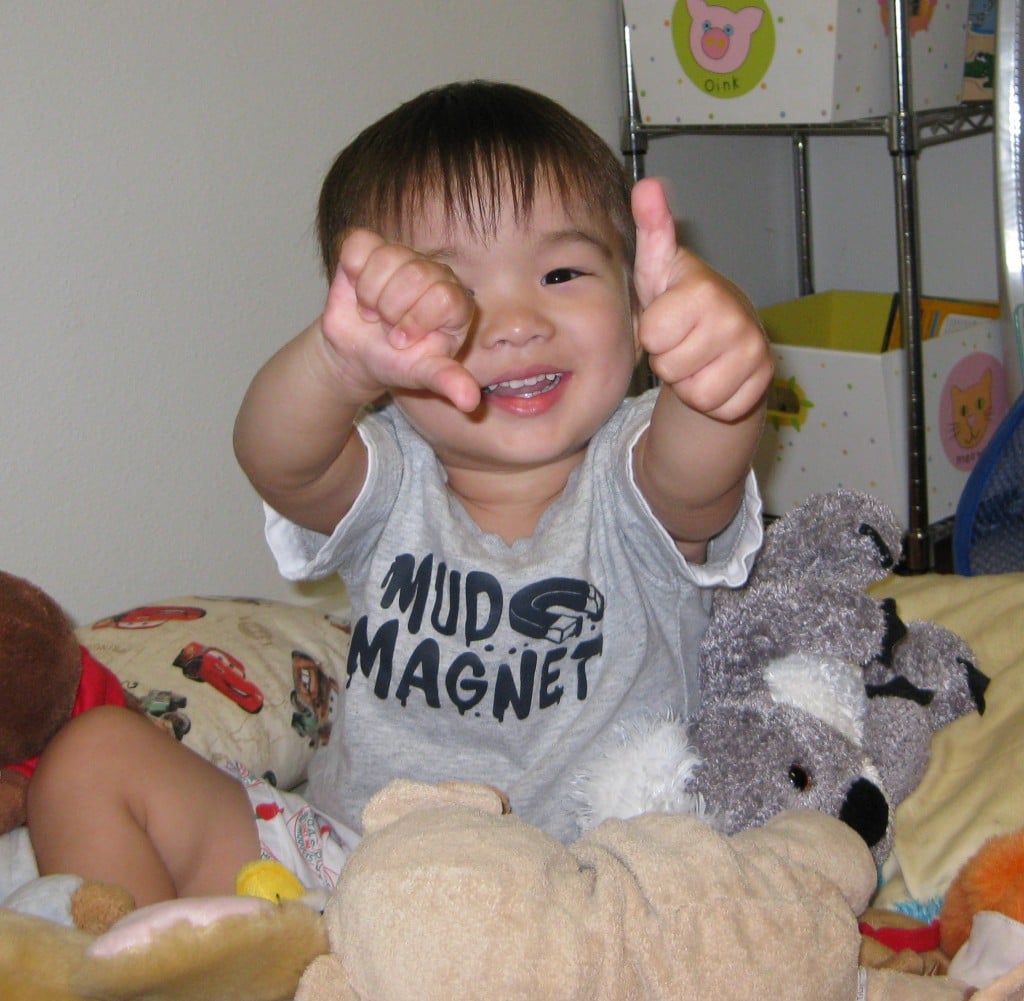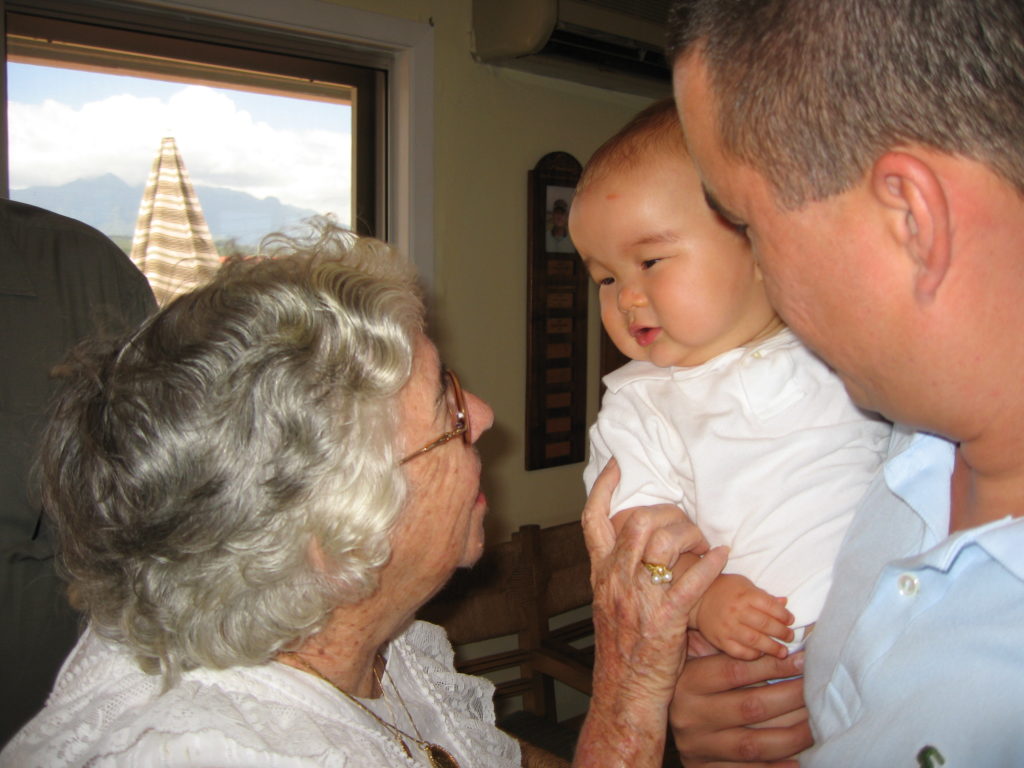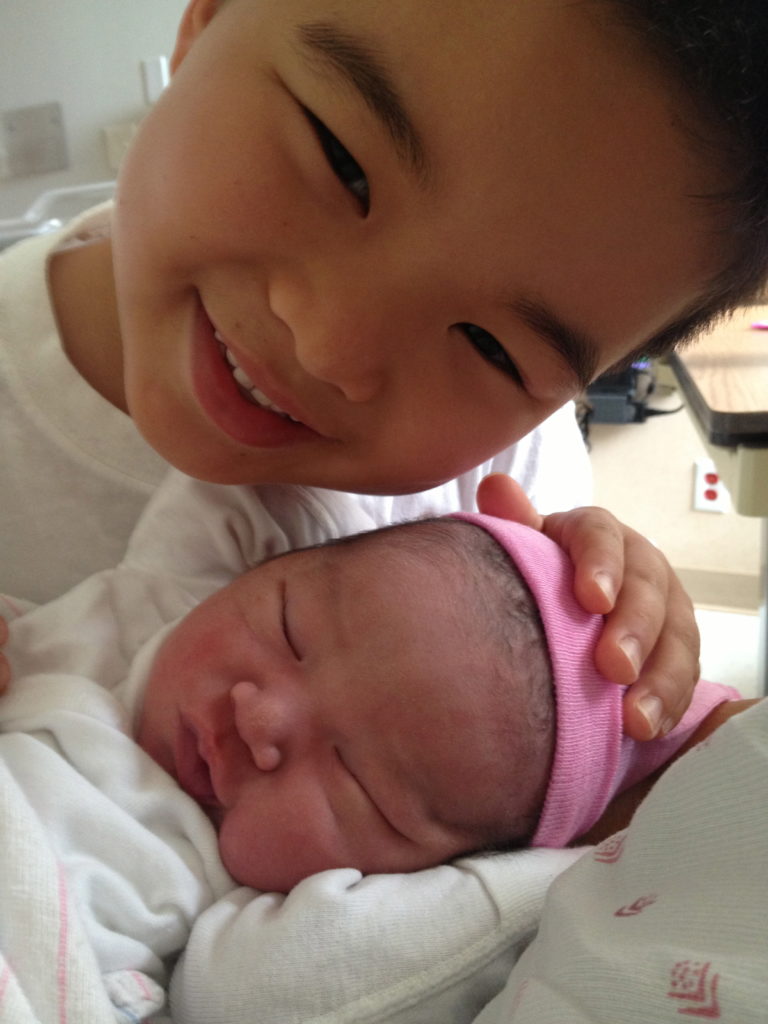5 Ways to Invite Positivity into Your Life
 "Be positive!"
"Have a positive attitude."
We hear phrases and quotes all the time encouraging us to be more positive. Deep down inside, we know that being positive is always better for our soul, actions and outcomes, but sometimes it's very hard to keep an upbeat demeanor.
I was recently asked, "How can I be positive when so many bad things are happening in my life?" To which I answered that being positive doesn't mean that you constantly have a huge, fake clown smile on your face or are bounding with enthusiasm when you don't feel it in your heart. Rather, it means you have a genuine feeling of optimism and block as much negativity from your experiences as possible. Heading in this direction invites positivity, in people, in conversation, in results and more, into your life.
"Be positive!"
"Have a positive attitude."
We hear phrases and quotes all the time encouraging us to be more positive. Deep down inside, we know that being positive is always better for our soul, actions and outcomes, but sometimes it's very hard to keep an upbeat demeanor.
I was recently asked, "How can I be positive when so many bad things are happening in my life?" To which I answered that being positive doesn't mean that you constantly have a huge, fake clown smile on your face or are bounding with enthusiasm when you don't feel it in your heart. Rather, it means you have a genuine feeling of optimism and block as much negativity from your experiences as possible. Heading in this direction invites positivity, in people, in conversation, in results and more, into your life.
06 October, 2015
/ 0 Comments









